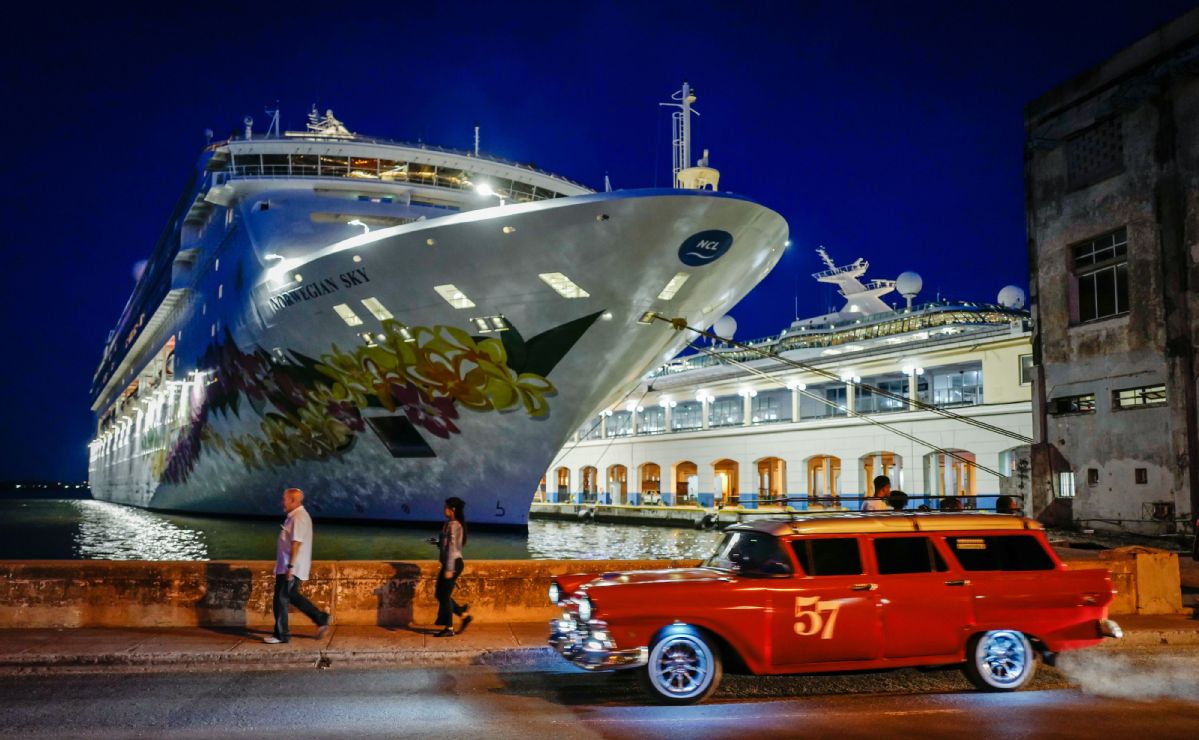Cuban private sector severely affected by Washington's travel restrictions
China Daily | Updated: 2019-06-10 08:12

HAVANA - Until just a few days ago, Havana's Old Town was swarming with US visitors, mainly from cruise ships, who toured the zone to learn about its history, culture and heritage.
Restaurants, cafeterias, craft sellers and the iconic convertible vintage cars thrived with thousands of tourists supporting their activities and directly engaging with the booming sector which currently employs more than 584,000 Cubans.
However, that reality dramatically changed this week when Washington decided to abruptly end visits of cruise ships to the island and people-to-people educational exchanges, the most popular categories used by US citizens to travel to Cuba.
Now, many of these small entrepreneurs are left wondering what the future of their businesses will be like with fewer visitors from the neighboring country.
"About 90 percent of incomes for private workers in Old Havana came from passengers on US cruise ships. We'll be severely affected as they won't come anymore," said Miguel Angel Morales, the owner of private restaurant La Moneda Cubana.
This "paladar" as restaurants are called on the island is strategically located in one of Old Havana's squares. It was opened in 2011 as part of the Caribbean nation's small market-oriented reforms to open up the private sector.
Morales had direct contracts with US cruise lines and tour operators to bring in visitors to his eatery.
"As time passes by we'll see how these new regulations affect us and the private businesses in the area," he said.
The people-to-people educational travel was a category created under former US president Barack Obama that allowed US citizens to visit the island on organized thematic tours that promoted cultural exchanges between the two countries.
The thaw in ties, initiated in 2015 by Obama and former Cuban leader Raul Castro, led to a substantial increase in US visitors and the opening of thousands of small startup businesses like inns, restaurants, cafeterias, and craft shops.
US cruises brought to Cuba 340,000 US citizens in 2018, double the number of the previous year and placed the United States as the second largest market for visitors to the island just behind Canada, according to official data.
Another 298,000 US citizens visited the Caribbean country last year through other routes like commercial flights, private vessels and aircraft.
"With Obama it was the US tourism boom on the island, but over the last year with (US President Donald) Trump's measures we have seen incomes decrease," Morales said.
Other small business owners in the area, like 24-year-old Gillian Sosa, who sells crafts and souvenirs, believe Washington's regulations could also scare off tourists from other nations.
"Trump's new measures will definitely influence visitors from other countries, we have to wait to see what happens but our incomes are going to be less," she said.
Xinhua
























